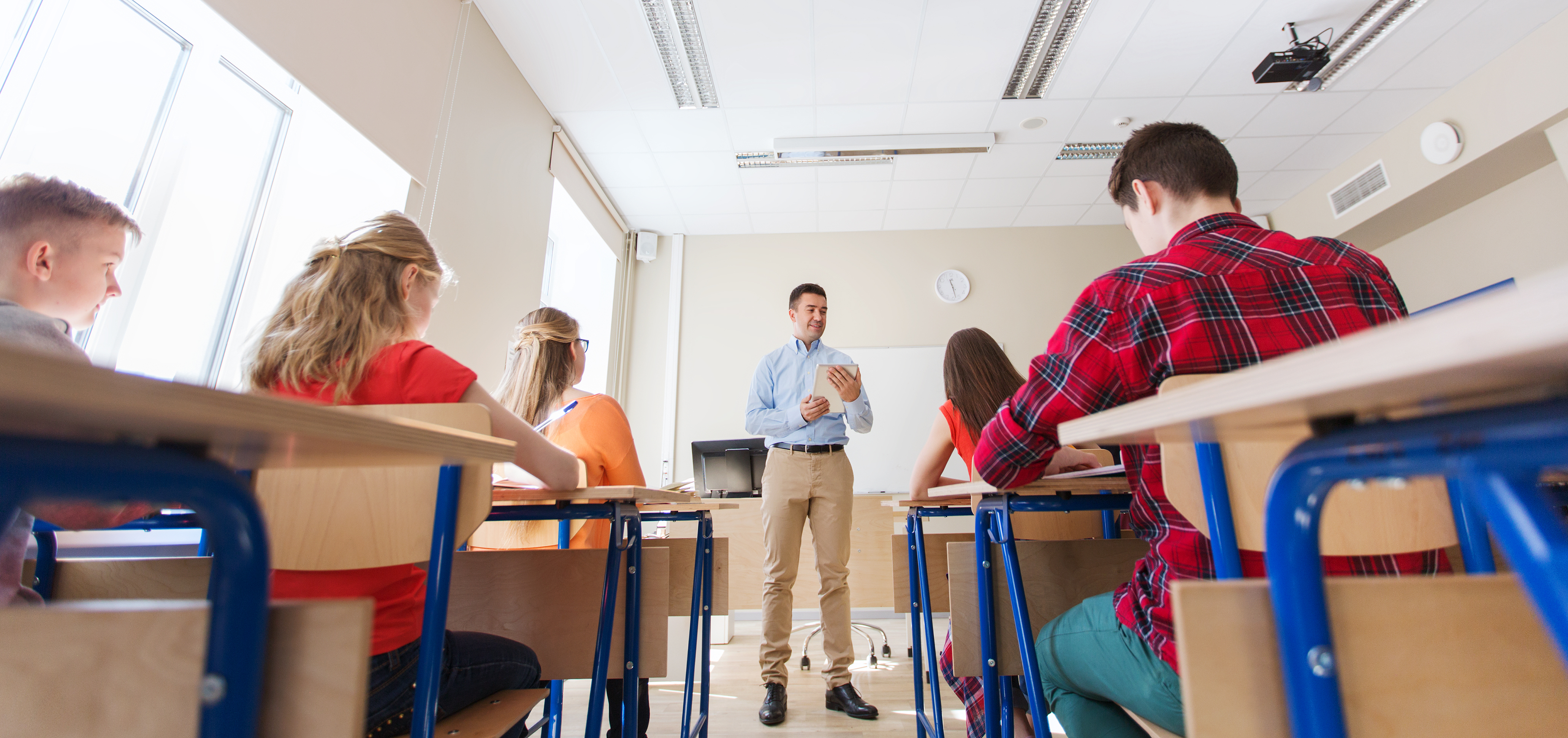Researching available schools could take up hours of your valuable time. The volunteers and staff at our facility have worked with other individuals in similar situations and helped them on the road to recovery for their teen and family unit.
Statistics for Troubled Teens in Florida
The Centers for Disease Controls and Prevention and other government agencies have compiled data on troubled teens in Florida that show the seriousness of related problems.
- Teen pregnancy – Pregnancy rates for teens between 15 and 19 ranged from about 31 to 39 percent in 2009.
- Illegal drug use – About 10 percent of teens in the state use illegal drugs each month while nearly 17 percent experiment with alcohol monthly. In addition, just over 9 percent have tried binge drinking.
- ADD/ADHD – As of 2007, slightly more than 11 percent of young people between the ages of 4 and 17 are diagnosed with ADD or ADHD annually.
- Violent crime – The U.S. Department of Justice reported that 471 juveniles statewide were arrested for violent offenses. Property crimes, drug offenses and weapons crimes were tallied separately and are not included in the data.
- High school graduation data – The state graduation rate of 71 percent in 2010-2011 is lower than the national average of 79 percent for the same year.
- Suicide rate – Across the state, 214 young people between the ages of 15 to 24 took their own lives in 2010.
If your teen struggles with one or more of these issues, you might want to consider <a href= http://www.sundancecanyonacademy.com/>therapeutic & alternative boarding schools in Florida</a>.
Benefits of Therapeutic & Alternative Boarding Schools in Florida
Due to mental, behavioral or emotional issues, troubled teens have unique needs that cannot be met in traditional settings. An alternative boarding school provides options that might be better suited to help them. Some of these might include one or more of the following:
- Small class sizes, with ratios as low as 1:4 of teachers to students. This class setting allows for personal attention that could help a student excel in their classwork.
- Extracurricular activities that engage the interest of teens. These can range from chess clubs to video game clubs and even include academic help.
- A religious or spiritual focus. Some families prefer an academic approach that encompasses a Christian or other religious emphasis with a holistic approach to the needs of the teen.
- Preparation for integration back into a traditional school or onto college.
How to Choose a Therapeutic & Alternative Boarding School in Florida
One of the main considerations as you choose a school is the credentials it holds. Ask the following questions:
- Will your child be able to obtain a high school diploma? One of your goals as a parent is your child’s successful completion of high school.
- Is the school accredited? Without accreditation, your child might not be able to
- What are the qualifications and credentials of the faculty? Staff might have specific expertise that meshes well with your child’s needs.
- Is the website updated and relevant to your needs and situation?
- Does the school offer any additional benefits?











0 Comments